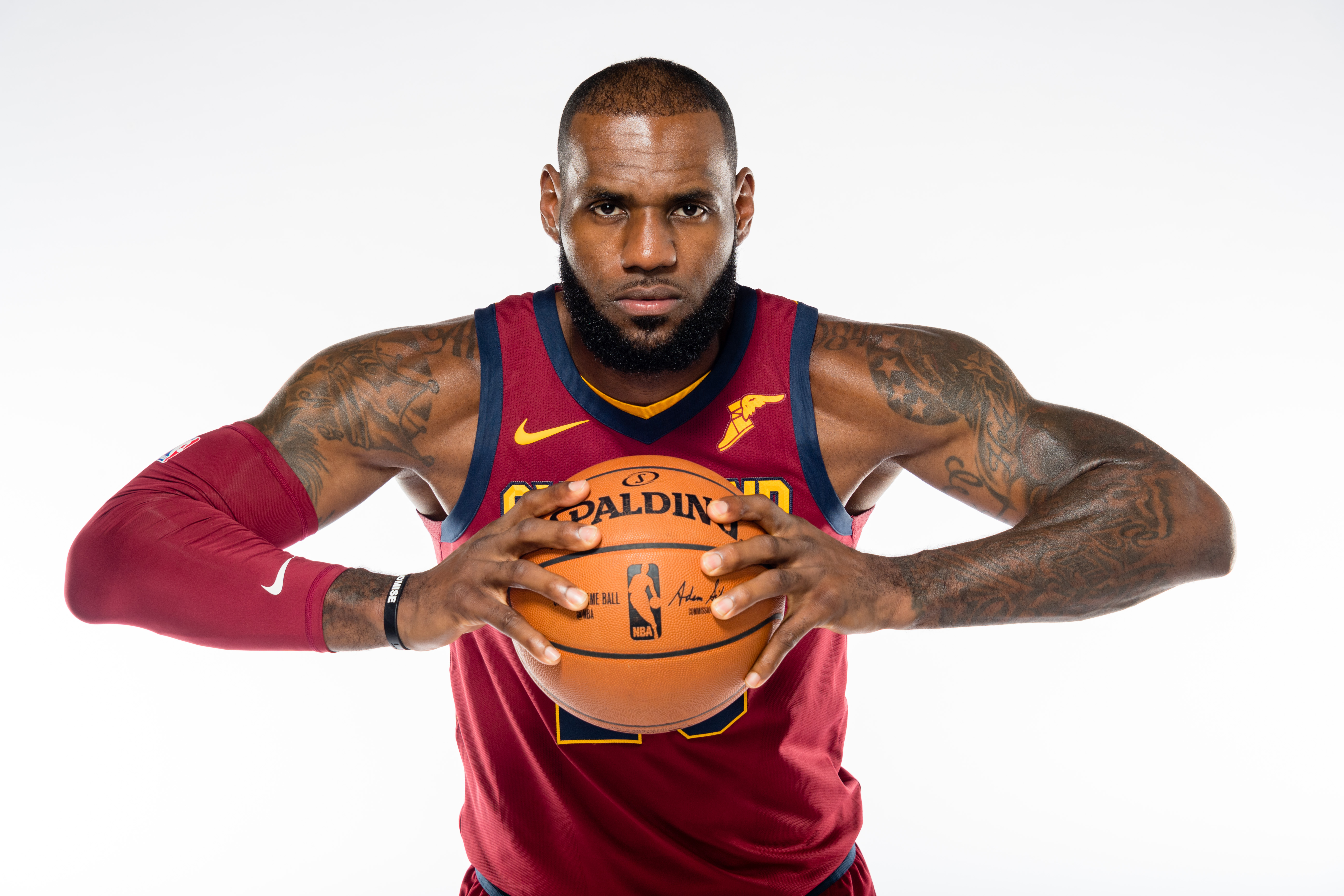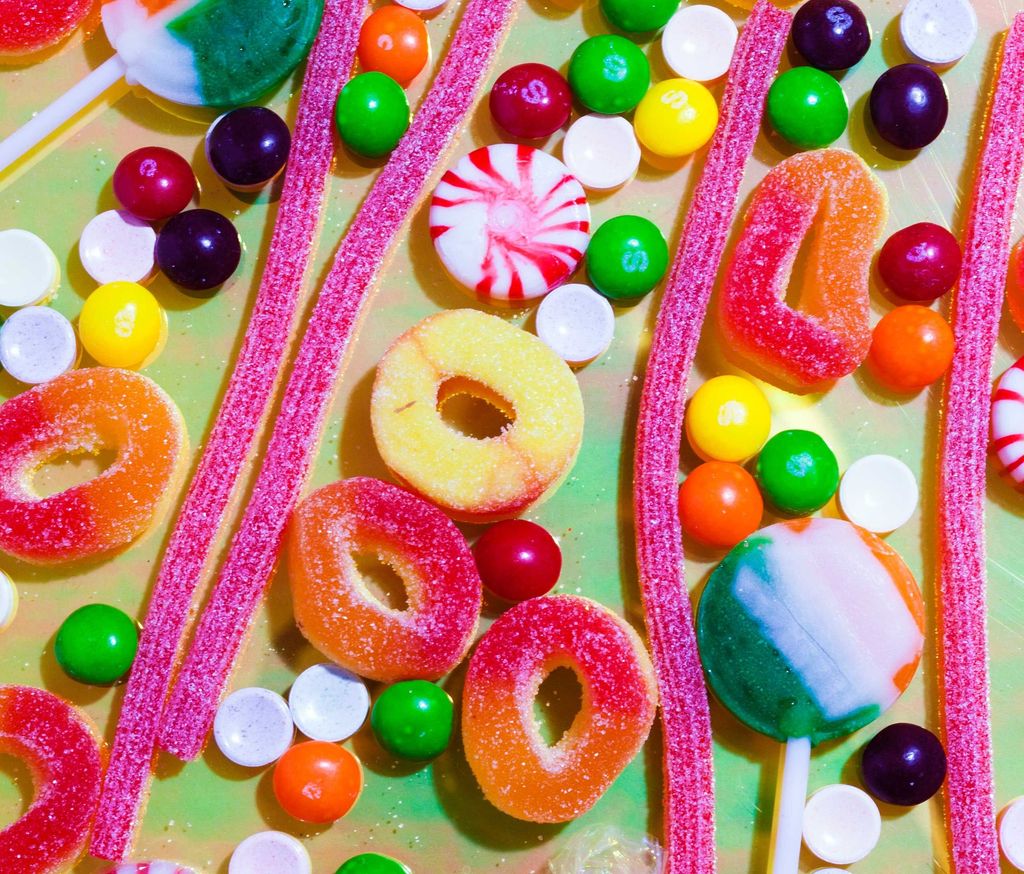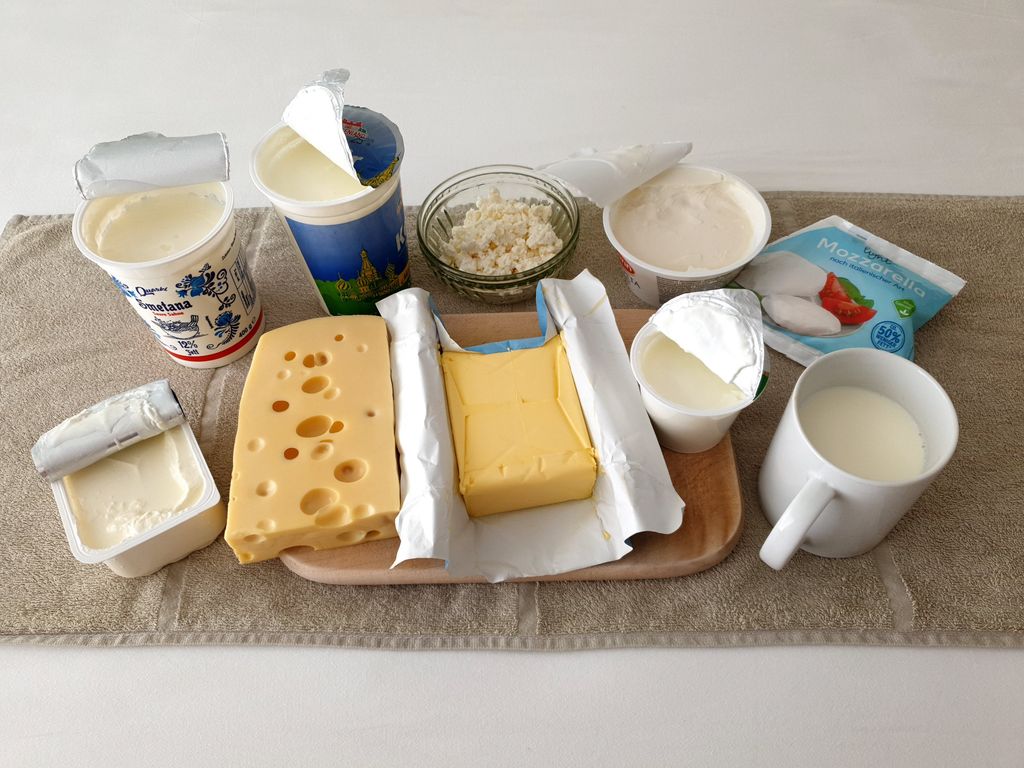
In the demanding world of professional sports, where careers often burn bright and fast, LeBron James stands as a living testament to sustained excellence. Approaching 40, an age when most NBA players are long retired, King James continues to defy Father Time, consistently performing at an elite level. This remarkable longevity isn’t merely a product of innate talent; it’s the result of an almost obsessive dedication to training, recovery, and, crucially, a highly refined nutritional strategy.
While we often hear about the rigorous workouts and advanced recovery techniques, the silent hero behind LeBron’s enduring reign is his diet. As Men’s Health has long reported, a solid approach to eating can help you not only better perform at sports, but it can protect against injury, keep you off the bench sidelined with illness, and even improve your mood. For an athlete like James, who pours over $1.5 million a year into his body, every dietary choice is a calculated move designed to optimize performance, enhance recovery, and safeguard joint health, which is paramount for an athlete of his stature and playing style.
LeBron’s journey with nutrition has evolved, much like his game play. From early career indulgences in fast food to his current meticulously managed intake, his dietary philosophy centers on a “clean as possible” approach during the season. This isn’t just about what he eats; it’s critically about what he *doesn’t* eat. Let’s delve into some of the key ingredients and food types that LeBron James strategically avoids or significantly limits to maintain his incredible physique, explosive agility, and robust joint health.

1. **Added Sugars & Artificial Sweeteners**For LeBron James, cutting out added sugars and artificial sweeteners is a non-negotiable part of his elite performance diet, especially during the strenuous NBA season and crucial playoff pushes. He explicitly stated in an interview, “The thing that I started cutting down is the sugars. When it comes to the playoffs, it kinda slows down the process of recovery.” This insight underscores a fundamental understanding of how sugar impacts an athlete’s body, particularly in terms of inflammation and recovery.
Beyond simply being ’empty calories,’ excessive sugar intake can lead to systemic inflammation, which is detrimental to joint health and overall physical recovery. For an athlete like James, whose body endures immense stress and impact during games, minimizing inflammation is vital for reducing soreness, accelerating healing, and preventing injuries. By eliminating added sugars, he creates an optimal internal environment that supports rapid recovery, allowing him to bounce back quicker from game to game.
His commitment to this principle extends year-round, as he tries to stay away from “artificial sugars” and “artificial drinks” to keep his diet as “clean as possible.” This consistent avoidance helps maintain stable energy levels, prevents energy crashes, and supports his body’s ability to efficiently utilize fuel sources for sustained performance. It’s a key factor in his ability to continue playing extended minutes at an incredibly high intensity, even as his average age for minutes played is a decade older than his counterparts.
This isn’t just a personal preference but a science-backed strategy. Sports nutritionists, like Kate Patton at the Cleveland Clinic, emphasize that to achieve longevity, the body needs “nutrient-dense food.” Avoiding artificial sugars allows LeBron to prioritize whole, unprocessed foods that provide genuine nutritional value, fueling his body with high-quality ‘gas’ rather than components that hinder performance and recovery. This proactive stance against sugar is a cornerstone of his long-term athletic success.
Read more about: Mind Blown! 15 ‘Healthy’ Foods Secretly Hiding More Sugar Than You Think

2. **Dairy Products**Dairy is another category that LeBron James consciously limits or avoids, a practice highlighted during his notable 67-day diet in 2014. During this period, which saw him looking noticeably slimmer, he famously explained, “I had no sugars, no dairy, I had no carbs. All I ate was meat, fish, veggies and fruit. That’s it. For 67 straight days.” This radical shift suggests a recognition of dairy’s potential impact on his body, particularly concerning performance and overall well-being.
While the context doesn’t explicitly detail the exact reasons for his dairy avoidance, it often aligns with diets that aim to reduce inflammation, improve digestion, and optimize nutrient absorption – all critical for an elite athlete. Dairy products, for some individuals, can be inflammatory or difficult to digest, potentially contributing to gut issues or subtle inflammatory responses that could impede recovery and joint comfort. For someone whose body is constantly under physical duress, any measure to minimize such stressors is invaluable.
By cutting out dairy, LeBron likely aims to ensure his digestive system is operating efficiently, allowing his body to focus its energy on muscle repair and recovery rather than processing potentially taxing foods. This focus on easily digestible, nutrient-dense foods is characteristic of a high-performance diet designed to keep an athlete agile and resilient. The clarity and sustained energy that often come with reduced dairy intake can also be a significant advantage in maintaining mental sharpness and physical readiness for intense competition.
Moreover, the emphasis on a “clean” diet, often featuring heavily in Men’s Health discussions, typically encourages the reduction of common allergens or potentially inflammatory foods like dairy. This strategic removal, even if for a specific period, can help pinpoint what truly optimizes an individual’s unique physiology. For LeBron, it’s about crafting a dietary regimen that ensures every component supports his goals of peak physical health and extending his legendary career.
Read more about: Beyond Fatigue: Crucial Thyroid Disorder Symptoms You Should Never Overlook, Including Early Signs That Begin in Your Hair and Skin

3. **Fried Foods**Fried foods are unequivocally on LeBron James’s ‘do not eat’ list, particularly during the grueling NBA season. He directly addressed this in an appearance on The Tim Ferriss Show podcast with his trainer, Mike Mancias, stating, “What we haven’t had in a long time is artificial drinks, artificial sugars, and fried foods.” This consistent avoidance speaks volumes about his commitment to a diet that prioritizes recovery and minimizes inflammatory triggers, which are rampant in fried items.
Fried foods are typically high in unhealthy fats, including trans fats and saturated fats, and can contain compounds formed during the high-temperature cooking process that are known to promote systemic inflammation. For an athlete whose joints, muscles, and cardiovascular system are constantly pushed to their limits, consuming foods that exacerbate inflammation is counterproductive. Inflammation can lead to increased pain, prolonged recovery times, and a higher risk of injury, all of which LeBron meticulously works to avoid.
By eliminating fried foods, James ensures his body is not burdened by difficult-to-digest, nutrient-poor items. Instead, he focuses on lean proteins, complex carbohydrates, and healthy fats that support muscle repair, provide sustained energy, and actively combat inflammation. This dietary discipline directly contributes to his ability to maintain a ‘jacked and fat-free’ physique, even as he approaches middle age, enabling him to perform effectively in his 20th NBA season and beyond.
Experts like Kate Patton, a sports nutritionist, underscore the importance of avoiding processed foods to encourage muscle recovery and decrease oxidative stress. Fried foods fall squarely into this category of detrimental processed items. LeBron’s choice reflects a deep understanding that his body is a high-performance machine requiring the highest quality fuel; fried foods simply don’t make the cut for maintaining agility, explosive power, and long-term joint integrity.
Read more about: Seriously What Happened? 14 Once-Classic Dinners America Just Doesn’t Cook Anymore. (And Why They Deserve a Comeback!)

4. **Artificial Drinks**Consistent with his overarching philosophy of maintaining a “clean” diet, LeBron James explicitly steers clear of artificial drinks. Alongside artificial sugars and fried foods, he stated that “artificial drinks” are something he and his team haven’t had in a long time, especially during the season. This dietary choice reflects a meticulous attention to detail, ensuring that every fluid consumed supports, rather than detracts from, his athletic performance and recovery goals.
Artificial drinks, such as sodas, sugary sports drinks (beyond specific recovery formulations), and other sweetened beverages, are often laden with artificial sweeteners, high-fructose corn syrup, and synthetic colorings and flavors. These ingredients offer little to no nutritional benefit and can contribute to sugar spikes, inflammation, and digestive issues. For an athlete who needs to maintain optimal hydration and electrolyte balance, relying on water and carefully selected recovery fluids is far more beneficial.
LeBron’s preference for water and carbohydrate-rich recovery fluids post-game, as reported by CBS Sports, directly illustrates this. His trainer, Mike Mancias, provides these specific fluids to replace those lost during exertion and to refill glycogen levels, which are essential for energy. This measured approach contrasts sharply with the casual consumption of artificial drinks, which would undermine these precise rehydration and refueling efforts.
Avoiding artificial drinks is a simple yet profoundly impactful decision that aligns with the advice of nutritionists and fitness experts. Justin Bauer, a health and fitness coach, states that prioritizing nutrition ensures one gets the full benefit of workouts. By cutting out artificial beverages, LeBron makes room for more nutrient-dense fluids and ensures his body is receiving only what it needs to perform at its peak, contributing significantly to his enduring health, agility, and overall well-being throughout an incredibly demanding career.
Having established the critical role of eliminating obvious dietary pitfalls like added sugars, dairy, fried foods, and artificial drinks, LeBron James’s nutritional mastery extends further. His discipline delves into more nuanced, yet equally impactful, strategic food group limitations. These careful choices are not just about what to avoid, but about a holistic approach that optimizes his body’s intricate systems, minimizing inflammation and ensuring he remains at the absolute zenith of athletic excellence, defying the conventional aging curve for professional athletes.
These remaining four pillars of his restrictive diet are crucial for sustained agility, robust joint health, and the rapid recovery that enables him to perform nightly at an MVP level. It’s a testament to his understanding that every single input affects his output, allowing him to continue challenging Father Time and leading teams deep into the playoffs well into his late 30s.
Read more about: Mind Blown! 15 ‘Healthy’ Foods Secretly Hiding More Sugar Than You Think

5. **Highly Processed Foods**At the core of LeBron James’s “clean as possible” dietary philosophy is a staunch avoidance of highly processed foods. This principle underpins many of his other exclusions, creating a unified strategy to fuel his body with only the highest quality ingredients. As sports nutritionist Kate Patton emphasizes, to achieve longevity, the body demands “nutrient-dense food,” a category from which processed items are largely excluded.
Highly processed foods are often laden with additives, preservatives, excessive sodium, unhealthy fats, and refined sugars, all of which offer little to no nutritional benefit. Instead, they can contribute to systemic inflammation, hinder digestive efficiency, and increase oxidative stress on the body. For an athlete whose muscles and joints are constantly pushed to their limits, these effects are profoundly detrimental, slowing recovery and increasing vulnerability to injury.
By consciously eliminating these pervasive items from his diet, LeBron ensures his body can dedicate its resources to essential functions like muscle repair, energy production, and maintaining joint health, rather than struggling to process artificial compounds. His choice to prioritize whole foods such as lean meats, fish, vegetables, and fruits, which are “nutrition powerhouses,” provides the genuine fuel his high-performance machine requires.
This strategic limitation of processed foods is not merely about avoiding negatives; it’s a proactive step towards maximizing the positives. It ensures his body receives a steady supply of vitamins, minerals, and macronutrients in their most natural, bioavailable forms, directly contributing to his remarkable resilience and consistent high-level output on the court. It’s a foundational element of his ability to stay ‘jacked and fat-free’ and defy the physical tolls of an extended NBA career.
Read more about: Your Heart’s Best Friends and Worst Enemies: 15 Foods Cardiologists Say to Skip (Plus Healthier Picks!)

6. **Unhealthy Fats**While deeply intertwined with his avoidance of fried foods, LeBron James’s diet extends to a broader exclusion of unhealthy fats, particularly during the intensity of the NBA season. His game-day nutrition strategy explicitly aims for meals that are “free of the sugars and unhealthy fats that promote inflammation,” underscoring a precise understanding of their systemic impact on an athlete’s body.
Unhealthy fats, which include trans fats often found in processed and fried foods, and excessive amounts of certain saturated fats, are known contributors to systemic inflammation. For an athlete like LeBron, who experiences immense physical stress during games and practices, minimizing inflammation is paramount for joint health, cardiovascular function, and accelerating recovery times. These fats can lead to increased stiffness and soreness, directly impacting agility and overall comfort.
In stark contrast to these detrimental fats, LeBron strategically incorporates healthy fats into his diet. His regular intake of salmon for both breakfast and lunch provides a rich source of omega-3 fatty acids, which are well-documented for their powerful anti-inflammatory properties. Similarly, the use of olive oil in salads and the inclusion of peanut and almond butter in his snacks offer monounsaturated and polyunsaturated fats that support overall health and actively combat inflammation.
This discerning approach to dietary fats is a cornerstone of his long-term joint health and cardiovascular vitality. By meticulously selecting fats that support his body’s recovery and cellular function, rather than hindering it, LeBron empowers himself to maintain peak physical condition. It’s a critical element in ensuring his body operates at optimal efficiency, allowing him to execute explosive movements and maintain relentless intensity on the court, even as he approaches his fourth decade.
Read more about: Beyond Jaw Pain: Essential Heart Attack Warning Signs You Must Never Overlook, Especially for Women

7. **Refined Carbohydrates**LeBron James’s carbohydrate strategy is often misunderstood, but a closer look reveals a deliberate avoidance of *refined* carbohydrates, particularly during critical periods. While he famously stated, “I had no sugars, no dairy, I had no carbs” during his 67-day diet for weight loss, this was a specific, temporary measure. During the season, he clarifies, “the sugars I kinda cut out, but the carbs I kinda ramp up” because of the immense energy demands.
The key distinction lies in the *type* of carbohydrates. Refined carbohydrates, such as those found in white bread, many breakfast cereals, and sugary snacks, are quickly broken down into sugars, leading to rapid energy spikes followed by crashes. This glycemic rollercoaster is counterproductive for an athlete who needs sustained energy and stable blood sugar levels to perform through 48 minutes of intense basketball, often in overtime.
Instead, LeBron prioritizes complex carbohydrates from whole, unprocessed sources. His game-day meals include “whole wheat pasta” and “gluten-free pancakes,” along with fruits and vegetables. These foods provide a slower, more sustained release of energy, crucial for maintaining stamina and focus throughout a grueling game. They also offer essential fiber, vitamins, and minerals that are stripped away during the refining process.
By choosing nutrient-dense, complex carbohydrates over their refined counterparts, LeBron ensures his body has a consistent and reliable fuel source. This strategic fueling minimizes energy fluctuations, supports cognitive function, and contributes to overall recovery, allowing him to be consistently active and impactful on the court, defying the typical decline in performance seen in older players.
Read more about: Your Heart’s Best Friends and Worst Enemies: 15 Foods Cardiologists Say to Skip (Plus Healthier Picks!)

8. **Heavy Pre-Game Meals**For an athlete who burns thousands of calories during an NBA game, the temptation might be to load up on a massive meal beforehand. However, LeBron James intentionally avoids heavy pre-game meals, opting instead for a meticulously calibrated fueling strategy that ensures agility and readiness rather than sluggishness. He once remarked, comparing his approach to Michael Phelps’s massive pre-training intake, that he’ll “wait for that after the game. I can’t do that before the game.”
Heavy, large meals consumed too close to game time can lead to digestive discomfort, feelings of fullness, and a diversion of blood flow and energy to the digestive system, away from the muscles. This can translate directly into a feeling of sluggishness, reduced explosiveness, and a diminished capacity for high-intensity performance on the court, all of which LeBron meticulously seeks to prevent.
His pre-game fueling choices are a masterclass in efficiency and digestibility. He favors lean proteins like chicken breast combined with a “little pasta” for readily available carbohydrates, or the now-legendary peanut butter and jelly sandwich. The PB&J, a pre-game staple for many elite athletes, is lauded for being “easily-digestible, comfort food” that provides a balanced mix of carbs for energy and protein for muscle support, without taxing the system.
This precise approach to pre-game nutrition ensures that when the whistle blows, LeBron is light on his feet, mentally sharp, and physically primed for peak performance. It’s a strategic choice that reflects his deep understanding of his body and the demands of his sport, allowing him to consistently bring his A-game without being hampered by digestive woes or energy lags. It’s another key ingredient in his recipe for defying time and dominating the hardwood.
LeBron James’s journey to sustained athletic dominance is a compelling narrative of relentless dedication, strategic evolution, and an almost scientific approach to bodily maintenance. His dietary exclusions – from the obvious pitfalls of added sugars and fried foods to the more refined avoidance of processed items, unhealthy fats, refined carbohydrates, and heavy pre-game meals – form a comprehensive nutritional fortress. This isn’t just a list of foods; it’s a blueprint for maximizing performance, accelerating recovery, and safeguarding the very joint health and agility that define his iconic career. By understanding and implementing these principles, King James doesn’t just play the game; he masters the art of longevity, continuing to redefine what’s possible in professional sports.



